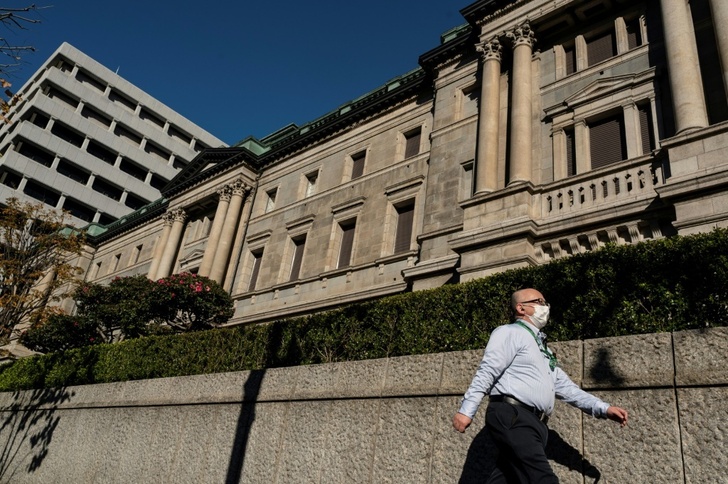Japan's government plans to nominate economics professor Kazuo Ueda as Bank of Japan governor, reports said Friday, an unexpected pick that sent the yen rallying against the dollar.
Current chief Haruhiko Kuroda, the central bank's longest-serving governor, is expected to step down when his second term ends on April 8.
Kuroda has championed a series of extraordinary monetary easing measures in his decade at the helm, from a negative interest rate to spending vast sums on government bonds, in an attempt to revive Japan's sluggish economy.
But the BoJ's adherence to its longstanding ultra-loose policy has run counter to other central banks' rate hikes aimed at tackling inflation, sending the yen tumbling against the dollar, especially in the first half of last year.
Reports in Japanese media including the Nikkei business daily and public broadcaster NHK said the government plans to nominate Ueda, a former BoJ policy board member, as governor.
The decision will be presented to parliament on Tuesday, the reports said, without citing sources. The ruling coalition's majority means it is almost guaranteed to pass.
The Nikkei had previously said deputy governor Masayoshi Amamiya was approached about taking the top job -- news that sent the yen lower as traders anticipated a continuation of the bank's stimulus policies.
But Friday's reports said Amamiya turned the offer down, and in the afternoon the yen rallied, with the dollar buying 129.82 yen, against 131.54 yen before the news emerged.
Ueda has a PhD in economics from the Massachusetts Institute of Technology and was a member of the BoJ's policy board between 1998 and 2005.
More recently he has worked as an economics professor and dean at the University of Tokyo.
Kuroda took the top job in 2013 and soon unleashed a barrage of massive asset purchases.
The move went hand-in-hand with then-prime minister Shinzo Abe's ambitious plan, dubbed "Abenomics", to stimulate growth and banish the deflation that had plagued Japan's economy since the end of the 1980s boom.
But the central bank never achieved its two-percent target, while Japan's fast-greying population and long-stagnant wages have also hampered growth.
Japanese inflation hit a multi-decade high of four percent in December, fuelled partly by soaring energy bills.
But because the trend is not driven by demand or steady wage increases, the BoJ has seen no reason to abandon its dovish policies.
bur-kaf/dan
© Agence France-Presse
Your content is great. However, if any of the content contained herein violates any rights of yours, including those of copyright, please contact us immediately by e-mail at media[@]kissrpr.com.
Source: Story.KISSPR.com

